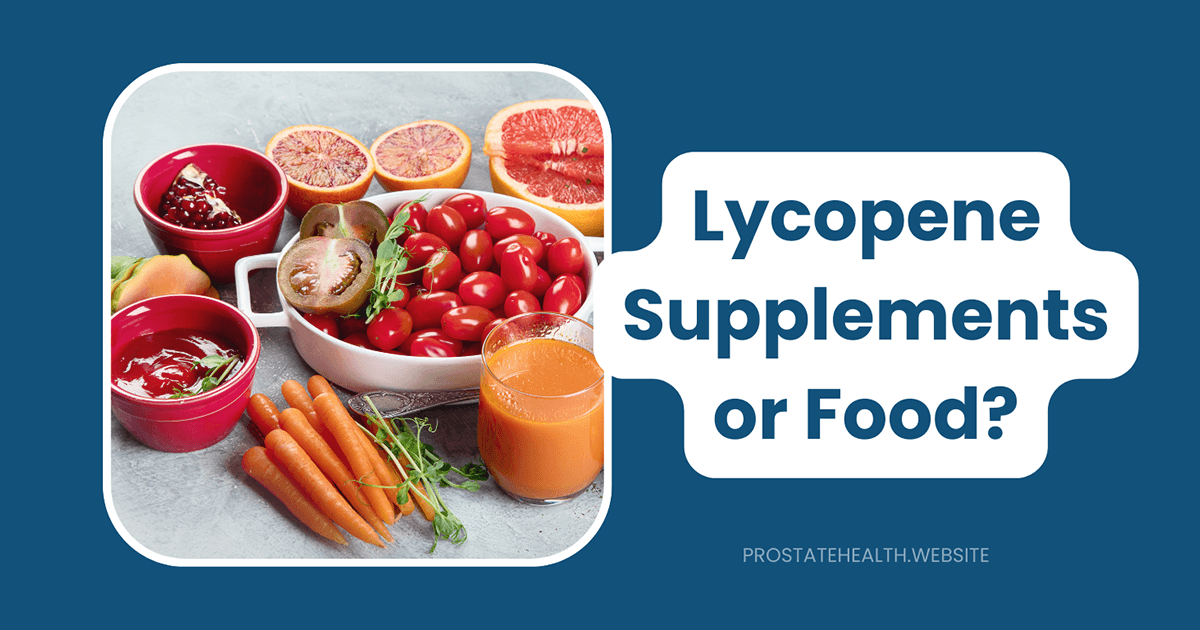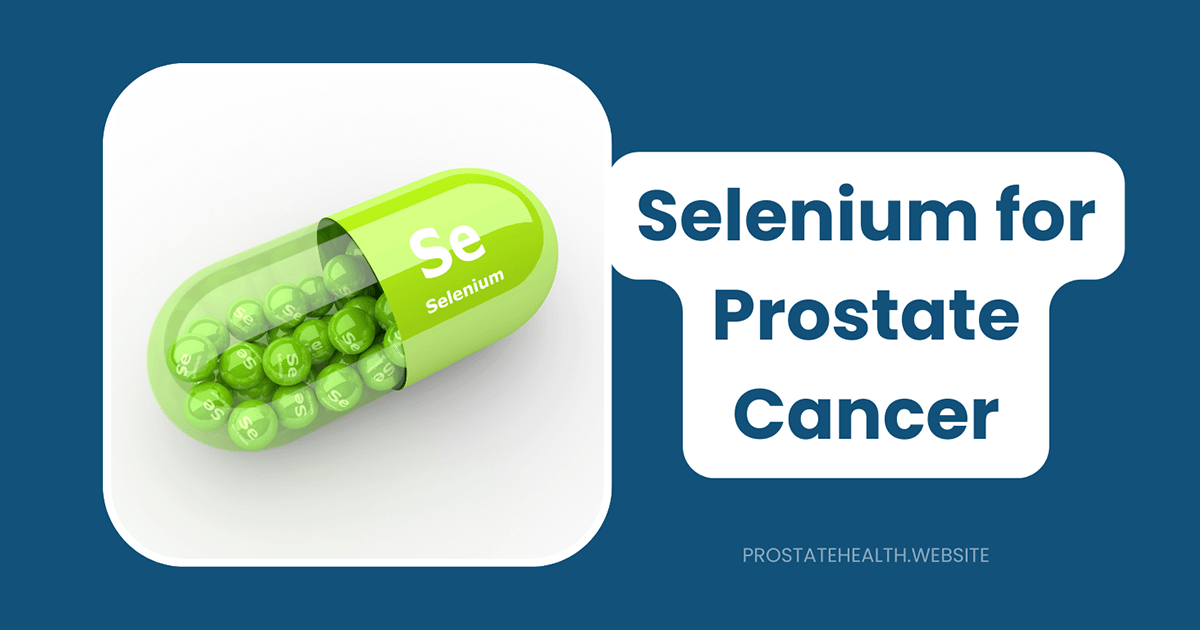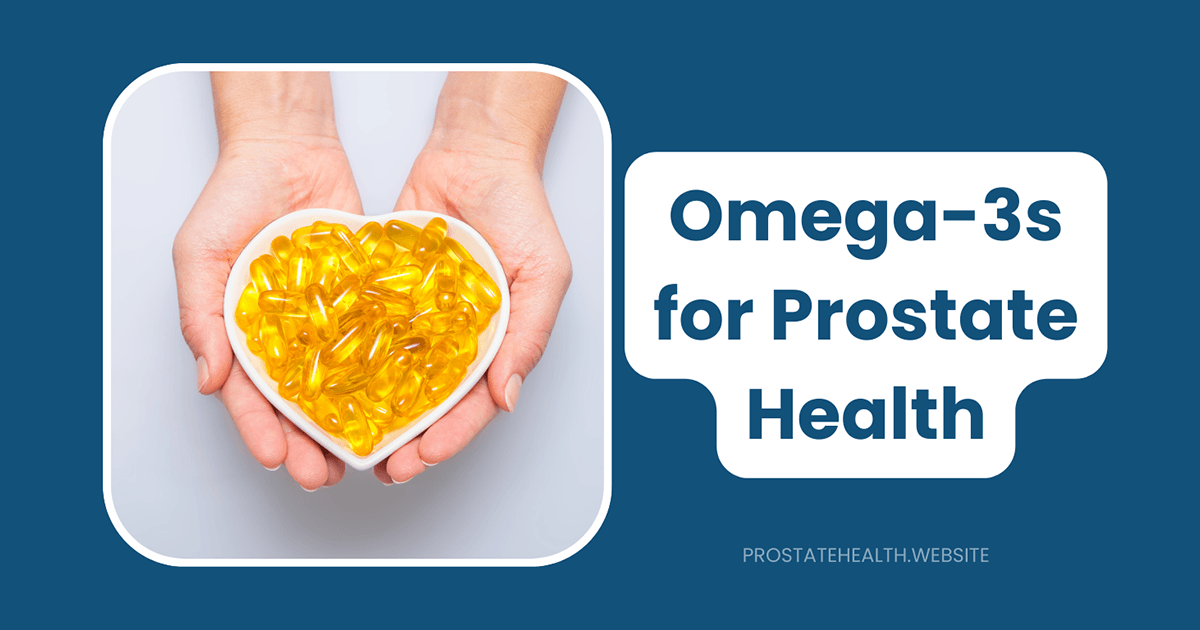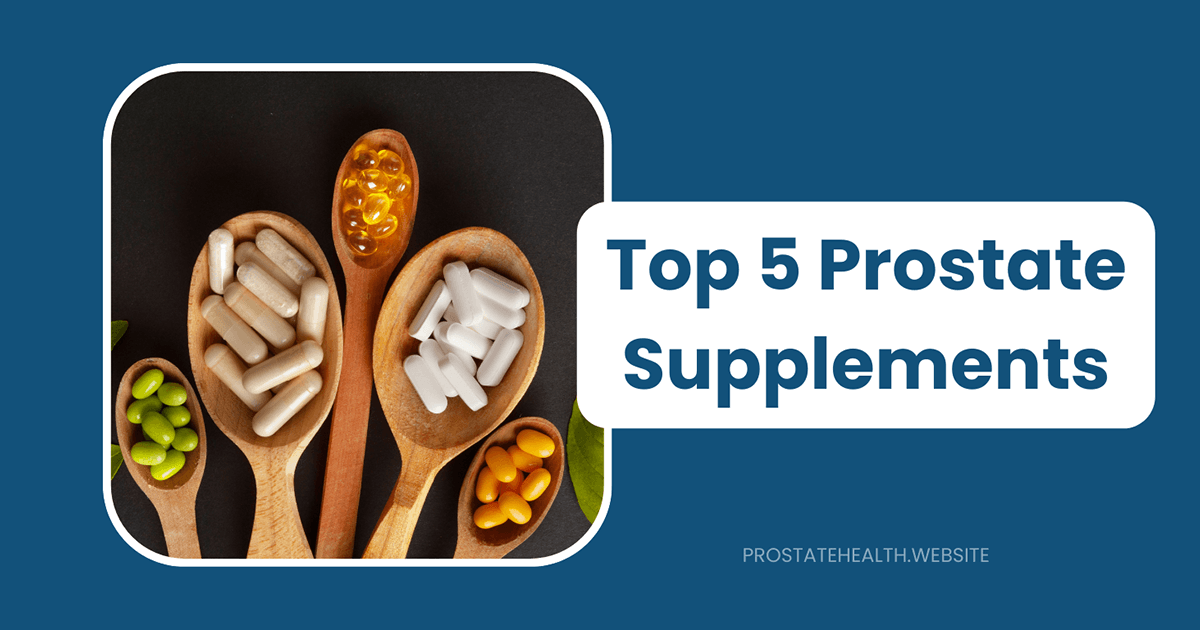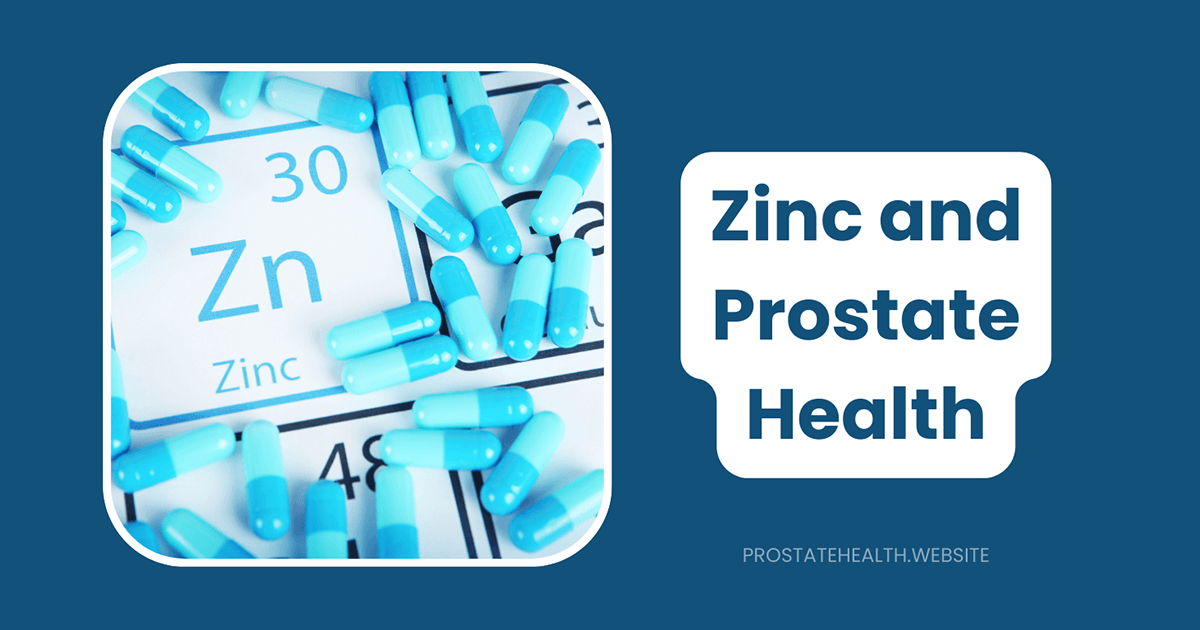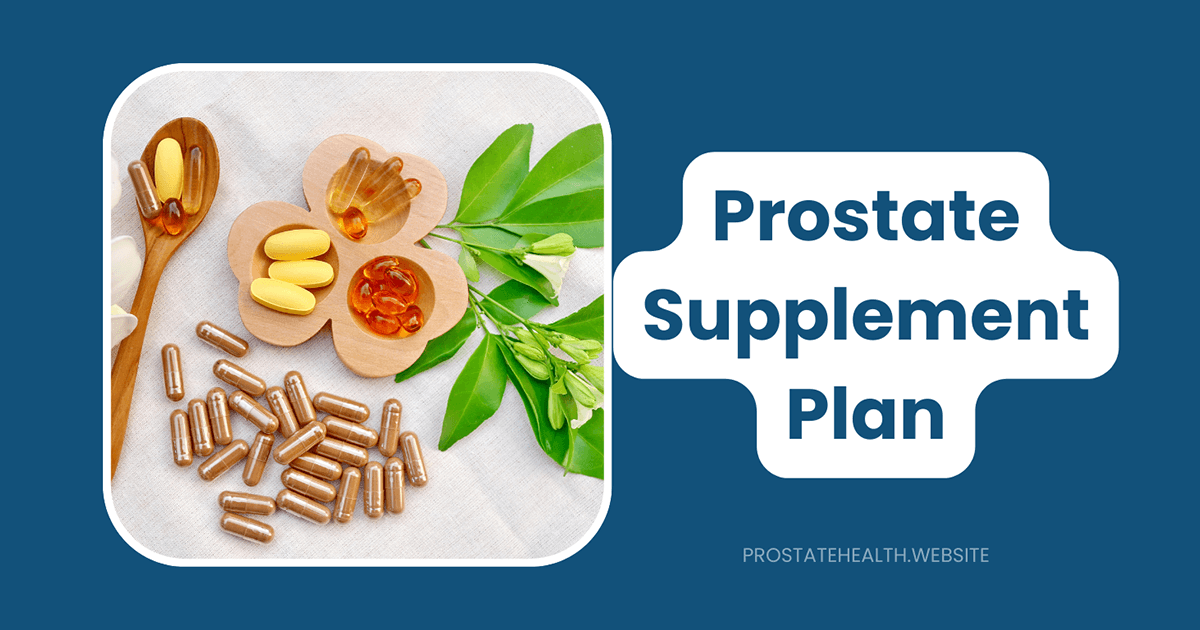Nettle Root for BPH Symptoms: Effectiveness and Safety
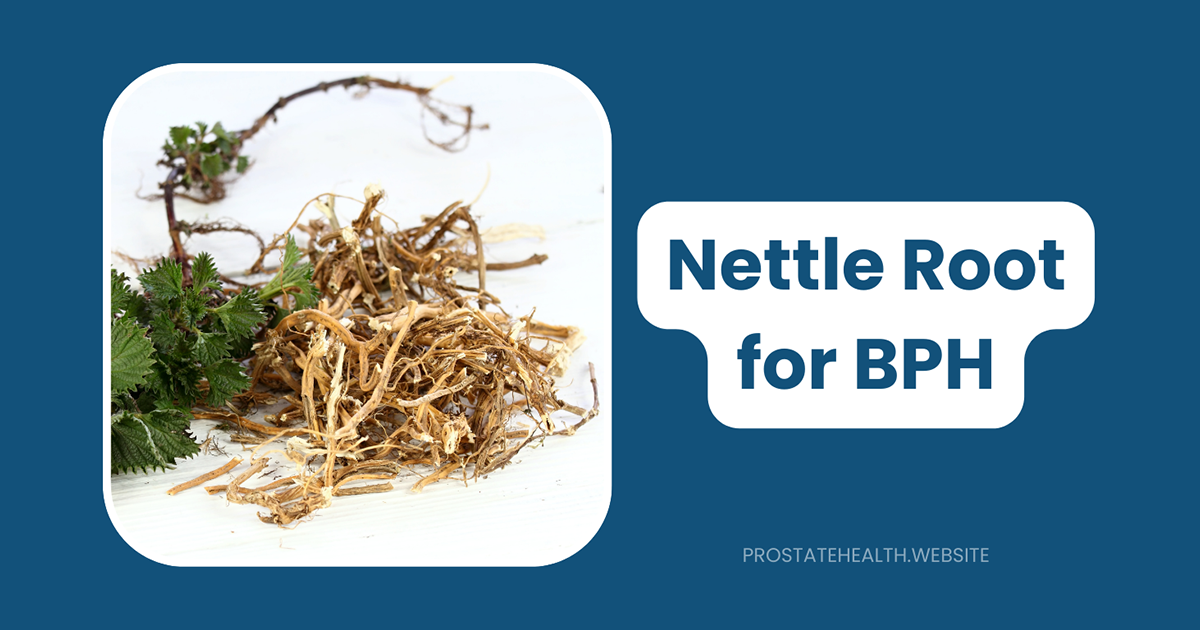
When I first began experiencing the telltale symptoms of an enlarged prostate—frequent nighttime bathroom trips, a weakened stream, and the constant feeling of an incompletely emptied bladder—I was determined to explore all my options. Like many men, I was hesitant to immediately turn to prescription medications with their potential side effects, particularly those affecting sexual function.
My research led me to nettle root (Urtica dioica), a traditional remedy that has been used for centuries in European herbal medicine to address urinary issues in men. What began as personal curiosity evolved into a deep dive into the scientific evidence behind this prickly plant’s potential benefits for prostate health.
In this comprehensive guide, I’ll share what modern research tells us about nettle root for benign prostatic hyperplasia (BPH)—from its mechanisms of action and clinical effectiveness to safety considerations and practical recommendations. My goal is to provide you with evidence-based information that helps you make informed decisions about whether nettle root might be right for your prostate health journey.
Understanding BPH: A Nearly Universal Men’s Health Issue
Before we explore nettle root specifically, it’s important to understand the condition it’s used to address. Benign prostatic hyperplasia (BPH) is an enlargement of the prostate gland that is not cancerous. It’s incredibly common, affecting:
- 50% of men between ages 51-60
- 70% of men between ages 61-70
- 90% of men over age 80
As the prostate enlarges, it can press against the urethra and bladder, causing a range of urinary symptoms collectively known as lower urinary tract symptoms (LUTS):
- Frequent urination, especially at night (nocturia)
- Difficulty starting urination
- Weak urine stream
- Dribbling at the end of urination
- Inability to completely empty the bladder
- Urgency to urinate
- Urinary tract infections
These symptoms can significantly impact quality of life, disrupting sleep, limiting social activities, and causing anxiety and embarrassment. While prescription medications and surgical interventions are available, many men seek natural alternatives, particularly in the early stages of BPH.
Nettle Root: Traditional Uses and Modern Understanding
Stinging nettle (Urtica dioica) has a long history of medicinal use dating back to ancient Greece. While the leaves have been used for various conditions including allergies and arthritis, it’s specifically the root that has gained attention for prostate health.
Historical Use
Traditionally, nettle root was prepared as a tea or decoction and used to address urinary difficulties in older men. European herbalists have prescribed it for “male weakness” and urinary complaints for centuries, with documented use in medieval medical texts.
Active Compounds
Modern research has identified several bioactive compounds in nettle root that may contribute to its effects on prostate health:
- Lignans: Plant compounds that may influence hormone metabolism
- Phytosterols: Plant sterols with anti-inflammatory properties
- Polysaccharides: Complex sugars with potential immune-modulating effects
- Lectins: Proteins that may influence cell growth, particularly UDA (Urtica dioica agglutinin)
- Scopoletin: A coumarin derivative with anti-inflammatory properties
- Sterols: Including beta-sitosterol, which has been studied for BPH
These compounds work through multiple mechanisms to potentially improve prostate health and alleviate BPH symptoms.
Mechanisms of Action: How Nettle Root May Help BPH
Research has identified several ways that nettle root may help address BPH symptoms:
1. Hormonal Effects
Nettle root appears to influence hormones that affect prostate growth:
- Sex Hormone Binding Globulin (SHBG) Interaction: Lignans in nettle root may prevent SHBG from binding to its receptors on prostate cells, potentially reducing hormonal stimulation of the prostate.
- Aromatase Inhibition: Nettle extract may inhibit the enzyme aromatase, which converts testosterone to estrogen. This could help maintain a healthier testosterone-to-estrogen ratio in prostate tissue.
- 5-alpha-reductase Inhibition: Similar to prescription medications like finasteride, nettle root may inhibit the enzyme that converts testosterone to dihydrotestosterone (DHT), a hormone strongly linked to prostate enlargement.
2. Anti-Inflammatory Effects
Chronic inflammation plays a role in BPH development and progression. Nettle root has demonstrated anti-inflammatory properties:
- Inhibition of inflammatory enzymes like cyclooxygenase (COX) and lipoxygenase (LOX)
- Reduction in pro-inflammatory cytokines
- Inhibition of leukocyte elastase, an enzyme involved in inflammatory processes
3. Anti-Proliferative Effects
Some research suggests that nettle root may directly inhibit the growth of prostate cells:
- Interference with cell growth signaling pathways
- Potential modulation of epidermal growth factor (EGF)
- Possible effects on prostate cell membrane receptors
4. Antioxidant Properties
Oxidative stress may contribute to prostate enlargement. Nettle root contains compounds with antioxidant properties that may help protect prostate cells from oxidative damage.
Dr. Aaron Katz, Chairman of Urology at NYU Winthrop Hospital, notes: “What makes nettle root interesting from a scientific perspective is that it appears to work through multiple mechanisms rather than a single pathway, potentially offering a more comprehensive approach to addressing BPH symptoms.”
Clinical Evidence: What Research Shows About Nettle Root for BPH
The scientific evidence for nettle root’s effectiveness comes from several clinical trials and systematic reviews.
Key Clinical Studies
The Safarinejad Study (2005)
One of the most comprehensive studies involved 558 men with BPH who received either nettle root extract or placebo for six months:
- The nettle group showed an 8-point reduction in International Prostate Symptom Score (IPSS)
- Post-void residual urine decreased by 37 mL
- Prostate size reduced by 4.8 cc
- Maximum urinary flow rate improved significantly
- No significant side effects were reported
The Ghorbanibirgani Study (2013)
This randomized, double-blind study involved 100 BPH patients aged 40-80 who received either nettle root extract (300 mg twice daily) or placebo for 8 weeks:
- The nettle group showed dramatic improvement in AUA symptom scores, from 26.5 to 2.1
- The placebo group showed no significant change in symptoms
- No side effects were reported in the nettle group
The Lopatkin Study (2007)
This study compared nettle root extract to placebo in 257 patients over 24 weeks:
- 81% of patients in the nettle group reported subjective improvement in symptoms
- Only 16% in the placebo group reported improvement
- Post-void residual urine volume decreased by more than 50% in the nettle group
- No significant changes were observed in the placebo group
Systematic Reviews and Meta-Analyses
A 2025 systematic review published in the Journal of Herbal Medicine analyzed six randomized clinical trials with a total of 1,210 patients. The findings indicated that:
- Nettle root improved BPH symptoms measured by IPSS with a standardized mean difference of -2.06
- PSA levels were reduced with a mean difference of -0.37 ng/ml
- The evidence was classified as “low certainty” due to study limitations and inconsistency
- All studies reported no adverse effects
Another meta-analysis from 2016 examined five randomized controlled trials with 1,128 patients and found:
- Significant improvements in IPSS scores (SMD = -10.47)
- Increased peak urinary flow rate (SMD = 4.37)
- Reduced prostate volume (SMD = -3.63)
- No significant effect on PSA levels
While these results are promising, researchers consistently note the need for larger, more rigorous studies with standardized preparations and longer follow-up periods.
Nettle Root vs. Conventional BPH Treatments
How does nettle root compare to standard medical treatments for BPH? Several studies have attempted to answer this question.
Nettle Root vs. Finasteride
Finasteride (Proscar) is a 5-alpha-reductase inhibitor commonly prescribed for BPH. A head-to-head trial comparing nettle root extract to finasteride found:
- No statistically significant difference in efficacy between the two treatments after six months
- Fewer side effects reported in the nettle root group
- Similar improvements in urinary symptoms and flow rates
However, unlike finasteride, nettle root did not significantly reduce prostate size in most studies.
Nettle Root vs. Alpha-Blockers
Alpha-blockers like tamsulosin (Flomax) work by relaxing smooth muscles in the prostate and bladder neck. Compared to alpha-blockers, nettle root:
- Generally works more slowly (weeks rather than days)
- Has fewer side effects, particularly related to blood pressure
- May be less effective for severe symptoms
- Can be used in combination with alpha-blockers for enhanced effects
Combination Approaches
Some of the most promising research involves combining nettle root with other natural remedies:
- Nettle Root + Saw Palmetto: This combination has shown effectiveness comparable to finasteride in some studies with fewer side effects
- Nettle Root + Pygeum: May provide complementary benefits through different mechanisms
- Nettle Root + Beta-Sitosterol: Potentially enhanced effects on urinary symptoms
A 2024 clinical trial published in the International Journal of Functional Nutrition found that a combination of nettle root, Pygeum africanum, and Epilobium angustifolium significantly improved IPSS scores and maximum urinary flow rates compared to standard treatment alone.
Safety Profile: Side Effects and Drug Interactions
One of nettle root’s main advantages is its favorable safety profile, especially compared to prescription medications for BPH.
Common Side Effects
Side effects from nettle root are generally mild and infrequent, but may include:
- Mild digestive issues (stomach upset, diarrhea, constipation)
- Fluid retention
- Sweating
- Allergic reactions (rare)
It’s worth noting that many clinical trials report no side effects at all, even with long-term use of up to 24 months.
Drug Interactions
Nettle root may interact with certain medications:
- Diabetes medications: May enhance blood sugar-lowering effects
- Blood pressure medications: Potential additive effects
- Blood thinners: Theoretical risk due to vitamin K content
- Diuretics: May enhance effects
- Lithium: May affect lithium levels
Special Considerations
Pregnancy and Breastfeeding: Not recommended due to potential hormonal effects
Diabetes: Monitor blood sugar levels closely if using nettle root
Kidney or Heart Conditions: Use with caution due to potential diuretic effects
Dr. Mark Moyad, Director of Preventive and Alternative Medicine at the University of Michigan, advises: “While nettle root has an excellent safety profile overall, it’s still important to discuss its use with your healthcare provider, particularly if you’re taking other medications or have underlying health conditions.”
Dosage and Administration: Finding the Right Approach
Based on clinical studies, the following dosage guidelines may be considered:
Recommended Dosages
Dried Root: 4-6 grams daily, typically prepared as a tea or decoction
Standardized Extract: 300-600 mg daily, often divided into two doses
Tincture: 3-5 mL (60-100 drops) three times daily
Most clinical studies used standardized extracts containing specific percentages of key compounds, which may be more reliable than unstandardized preparations.
Timing and Administration
- Take with food to minimize potential digestive issues
- Consistent daily use is important for effectiveness
- Allow 4-8 weeks to assess initial effects
- Long-term use (6-12 months) may be needed for maximum benefit
Product Selection
When choosing a nettle root product, look for:
- Standardized extracts with guaranteed percentages of active compounds
- Reputable manufacturers that follow Good Manufacturing Practices (GMP)
- Third-party testing for purity and potency
- Clear labeling that specifies it’s the root (not leaf) being used
Some well-regarded nettle root supplements include:
- Nature’s Way Nettle Root
- Gaia Herbs Nettle Root
- Now Foods Nettle Root Extract
- Solaray Nettle Root Extract
Practical Recommendations: Incorporating Nettle Root Into Your Prostate Health Strategy
Based on the current evidence, here are practical recommendations for incorporating nettle root into your prostate health approach:
For Mild BPH Symptoms
- Consider starting with nettle root as a first-line approach
- Use a standardized extract (300-600 mg daily) for at least 8 weeks
- Combine with lifestyle modifications like reducing evening fluid intake and limiting caffeine and alcohol
- Monitor symptoms using a tool like the International Prostate Symptom Score (IPSS)
For Moderate BPH Symptoms
- Discuss combining nettle root with conventional treatments with your healthcare provider
- Consider combination products that include saw palmetto or beta-sitosterol
- Allow longer treatment periods (3-6 months) to assess effectiveness
- Be prepared to transition to prescription medications if symptoms don’t improve sufficiently
For Severe BPH Symptoms
- Nettle root alone is likely insufficient
- May be used as a complementary approach alongside prescription medications
- Discuss potential interactions with your healthcare provider
- Focus on quality of life improvements rather than expecting major symptom resolution
Real-World Experiences: Case Studies
While individual experiences vary, these case studies illustrate how some men have incorporated nettle root into their prostate health strategies:
James, 58: Early BPH Symptoms
Background: Experiencing increased nighttime urination (2-3 times) and mild daytime frequency
Approach: Started taking 600 mg of standardized nettle root extract daily, divided into two doses. Also reduced evening fluid intake and caffeine consumption.
Results: “After about six weeks, I noticed I was only getting up once at night, sometimes not at all. My daytime frequency improved as well. I’ve been taking it for over a year now with continued good results and no side effects.”
Robert, 65: Moderate BPH with Medication Concerns
Background: Prescribed tamsulosin (Flomax) but experienced dizziness and retrograde ejaculation as side effects
Approach: Worked with his urologist to transition to a combination of nettle root (300 mg twice daily) and saw palmetto, while gradually reducing tamsulosin
Results: “The combination approach has worked well for me. My symptoms aren’t quite as well controlled as they were on the full dose of Flomax, but they’re manageable, and I’m free from the side effects that were bothering me. My doctor monitors my PSA and prostate size regularly.”
Michael, 72: Advanced BPH
Background: Severe BPH symptoms, considering surgery after limited success with medications
Approach: Added nettle root to his existing medication regimen as a complementary approach while preparing for a minimally invasive surgical procedure
Results: “Nettle root didn’t dramatically change my symptoms, but I did notice some improvement in my sleep quality with fewer nighttime awakenings. I ultimately proceeded with the TURP procedure, but continue to take nettle root as part of my overall prostate health maintenance.”
Beyond Nettle Root: A Comprehensive Approach to Prostate Health
While nettle root shows promise for BPH symptoms, it’s most effective as part of a comprehensive approach to prostate health:
Dietary Factors
Several dietary patterns and specific foods may support prostate health:
- Mediterranean diet: Rich in fruits, vegetables, olive oil, and fish
- Tomatoes and tomato products: Contain lycopene, which may benefit prostate health
- Pumpkin seeds: Rich in zinc and plant sterols
- Green tea: Contains catechins with potential benefits for the prostate
- Adequate hydration: Important for overall urinary health, though timing is key (reduce evening intake)
Lifestyle Modifications
Several lifestyle factors can significantly impact prostate health:
- Regular exercise: May reduce BPH symptoms and improve overall prostate health
- Maintaining healthy weight: Obesity is associated with increased BPH risk
- Stress management: Chronic stress may worsen urinary symptoms
- Pelvic floor exercises: Can improve bladder control
- Limiting alcohol and caffeine: Both can irritate the bladder and worsen symptoms
Other Promising Supplements
In addition to nettle root, several other supplements have shown potential benefits for prostate health:
- Saw Palmetto: May help with symptoms of BPH
- Beta-Sitosterol: A plant sterol that may improve urinary symptoms
- Pygeum: African cherry bark extract with potential benefits for prostate health
- Rye Pollen Extract: May reduce prostate inflammation and improve urinary flow
Conclusion: Is Nettle Root Right for You?
The evidence suggests that nettle root may offer benefits for men with mild to moderate BPH symptoms, with a favorable safety profile compared to many prescription medications. Its multiple mechanisms of action and long history of traditional use, combined with growing scientific evidence, make it a reasonable option to consider.
However, it’s important to maintain realistic expectations:
- Effects typically develop gradually over weeks to months
- Individual responses vary based on symptom severity and other factors
- It works best as part of a comprehensive approach to prostate health
- More severe symptoms may require conventional medical treatment
The decision to try nettle root should be made in consultation with your healthcare provider, taking into account your specific symptoms, medical history, and preferences.
For many men with mild to moderate prostate symptoms, nettle root offers a natural option that may provide meaningful relief without significant side effects. As research continues to evolve, our understanding of how nettle root affects prostate health will undoubtedly become more refined.
Have you tried nettle root for prostate health? Share your experience in the comments below.

